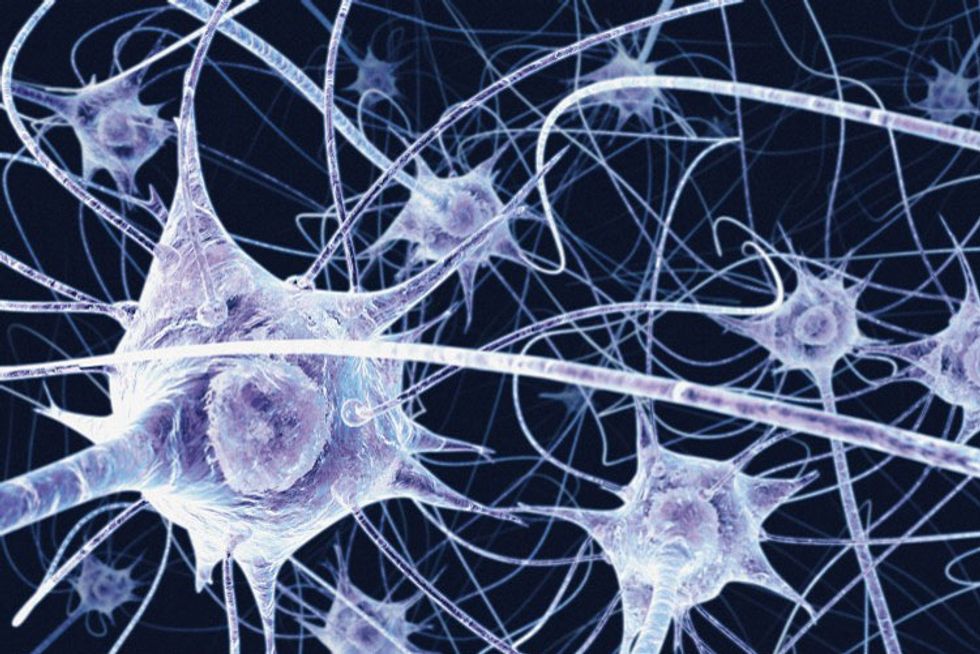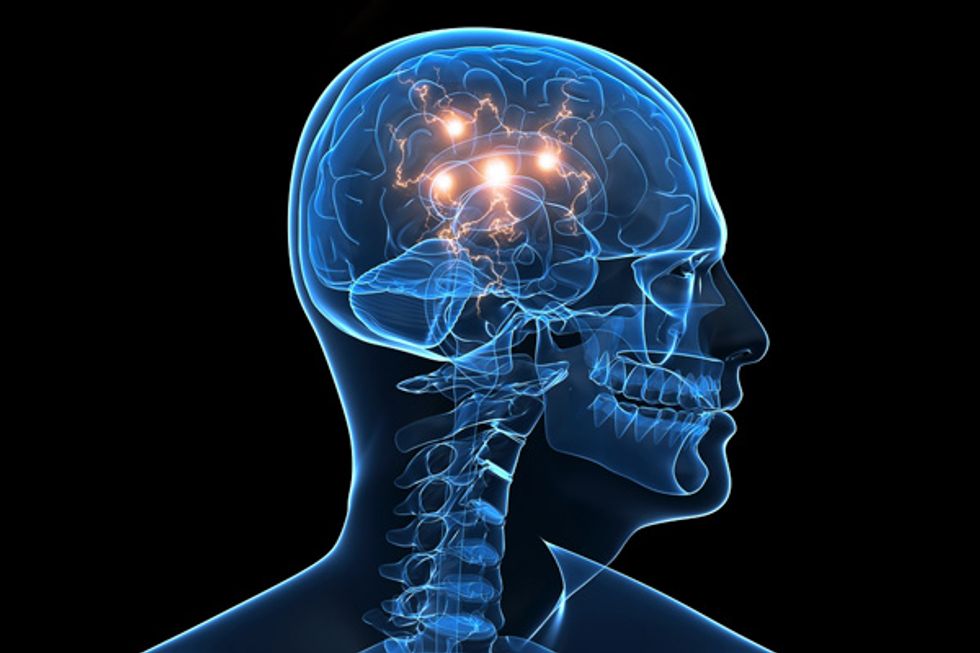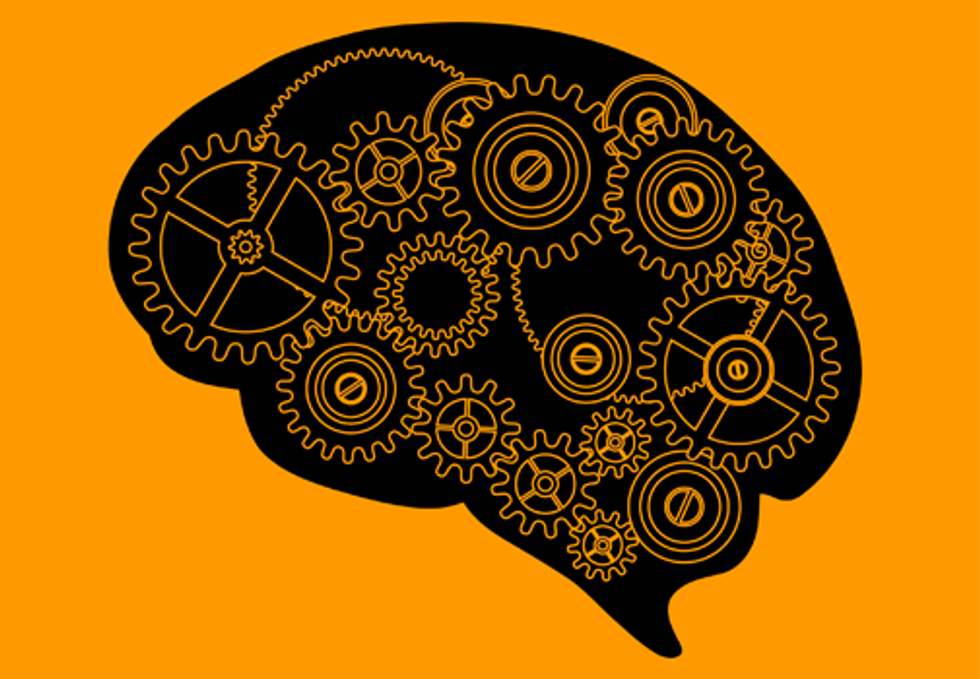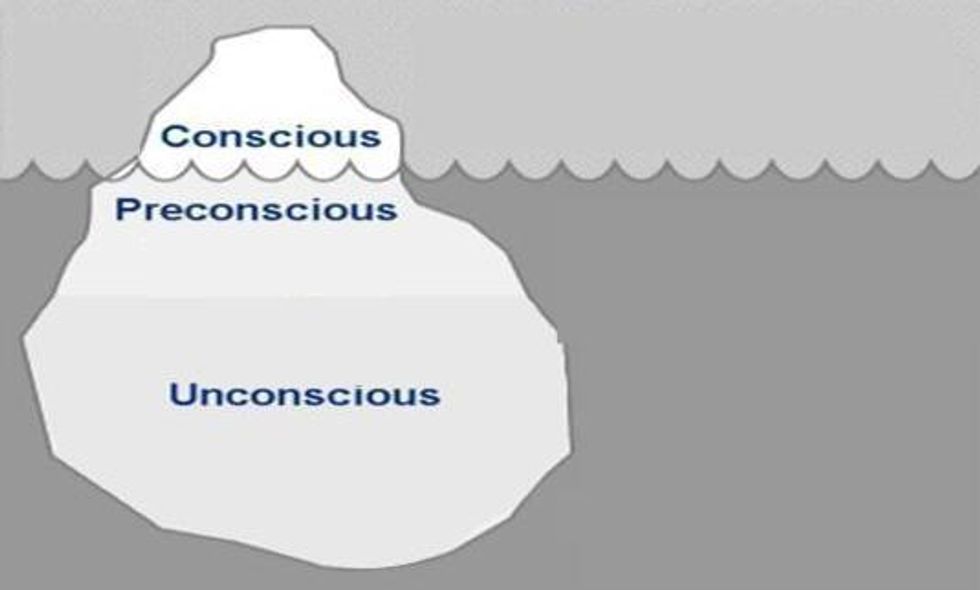Imagine closing your eyes and suddenly being chased by the most grotesque, menacing, and horrifying creature you could envision or instead, existing in your own idyllic and ultimate paradise, or maybe, just experiencing something completely nonsensical and preposterous. How is it possible to encounter such intense and vastly different scenarios just by closing your eyes?
This phenomenon is none other than dreaming, which a person experiences during the Rapid Eye Movement, or REM, stage of sleep. Therefore, everyone that sleeps dreams, and yet, there is no definite explanation for why we do. However, scientists that study dreams, or oneirologists, have developed a variety of theories. More specifically, there are five major theories for why we dream, some with a physiological basis and others with a psychological basis.
Neural Activity Theory or Activation Synthesis Theory
Proposed by psychiatrists John Allan Hobson and Robert McCarley of Harvard in 1977, this theory states that neurons, or the cells that make up our brains, are active while we sleep. This activity, however, is random and dreams are the brain’s desperate attempt to make sense of this neural activity.
Physiological Function Theory
This theory states that dreams stimulate the neurons, causing them to remain active while we sleep.
Cognitive Development Theory
Theorized by Jean Piaget in the 1930s, the Cognitive Development Theory states that dreams mimic reality, which creates new neural networks in the brain. Therefore, dreams exist to further the development of the brain.
Information-Processing Theory/Memory Consolidation Theory
This theory says that dreams are the sorting out and processing of daily events, meaning that they exist to process information and memories.
Wish Fulfillment Psychoanalytic Theory
Developed by psychoanalyst, Sigmund Freud, in 1900, this theory is based on the topographical model. This model describes the conscious and unconscious mind in terms of an iceberg. The small part of the iceberg above the water represents the conscious mind, or that which we are aware of. A small portion of the iceberg below the water represents the preconscious, which is the part of the mind that can be accessed if necessary. Lastly, the unconscious mind is that which we are unaware of. The unconscious contains the sex and aggression drives, wishes, fears, socially unacceptable thoughts, and repressed memories. Dreams come from the unconscious mind and act as a fulfillment of unconscious desires and wishes.
Unfortunately, these theories are just theories. Scientists have yet to discover a finite explanation for dreams. Whatever the reason we dream may be, the mystery is relevant to every human being (that sleeps), regardless of their individual characteristics or lifestyle. When scientists do one day discover the cause for dreams, it will explain a universal experience.
The majority of this information was found in “Psychology: AP* Edition” by psychologist Philip G. Zimbardo, published in Boston, MA by Allyn & Bacon in 2010.












































